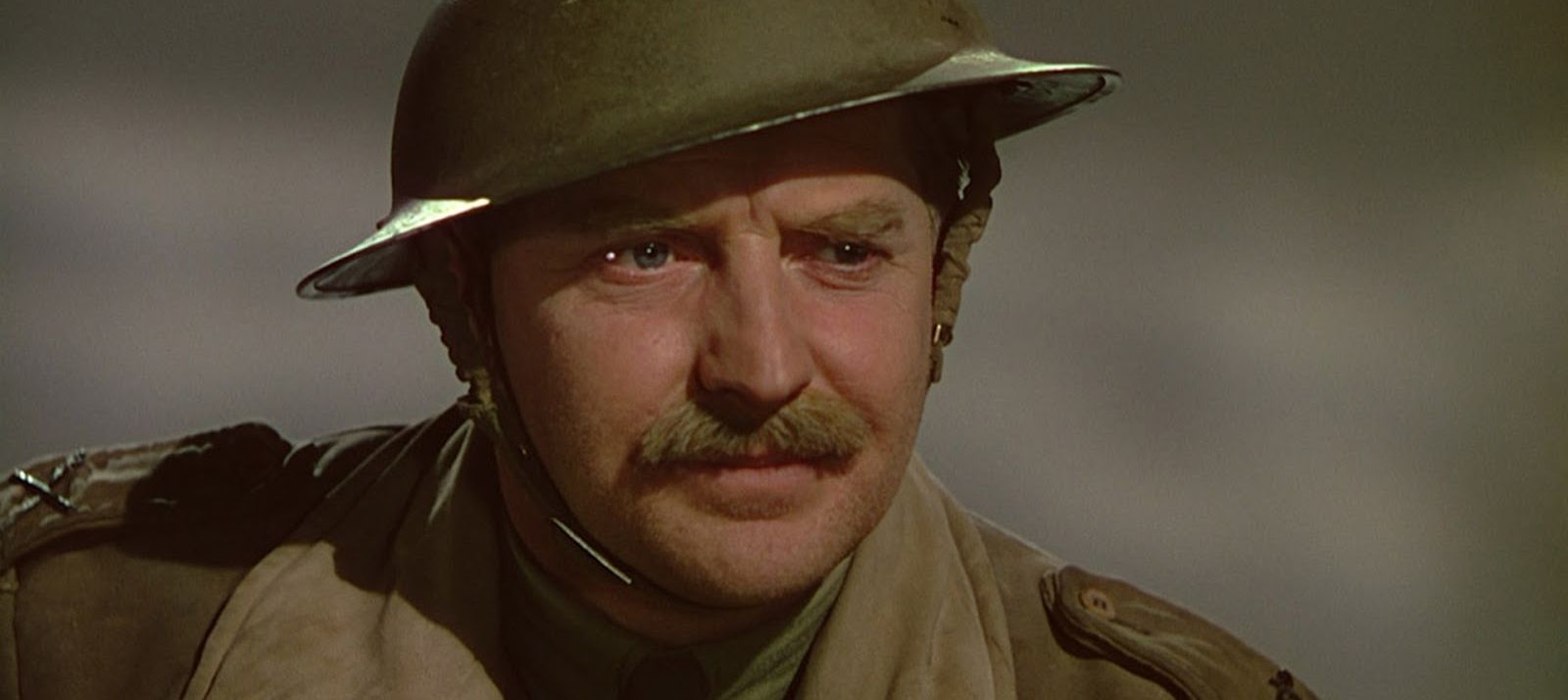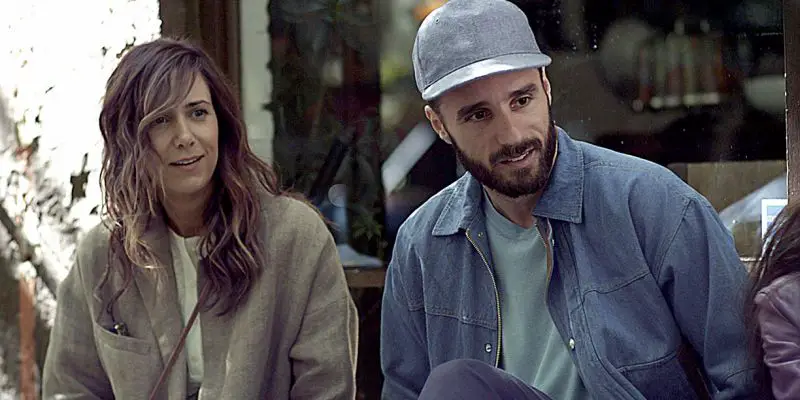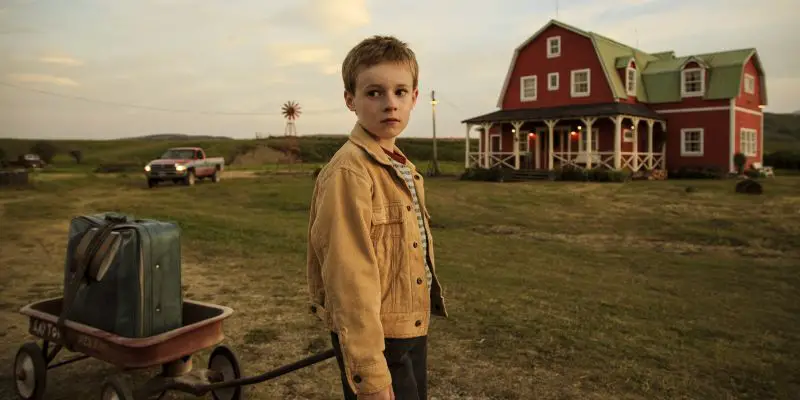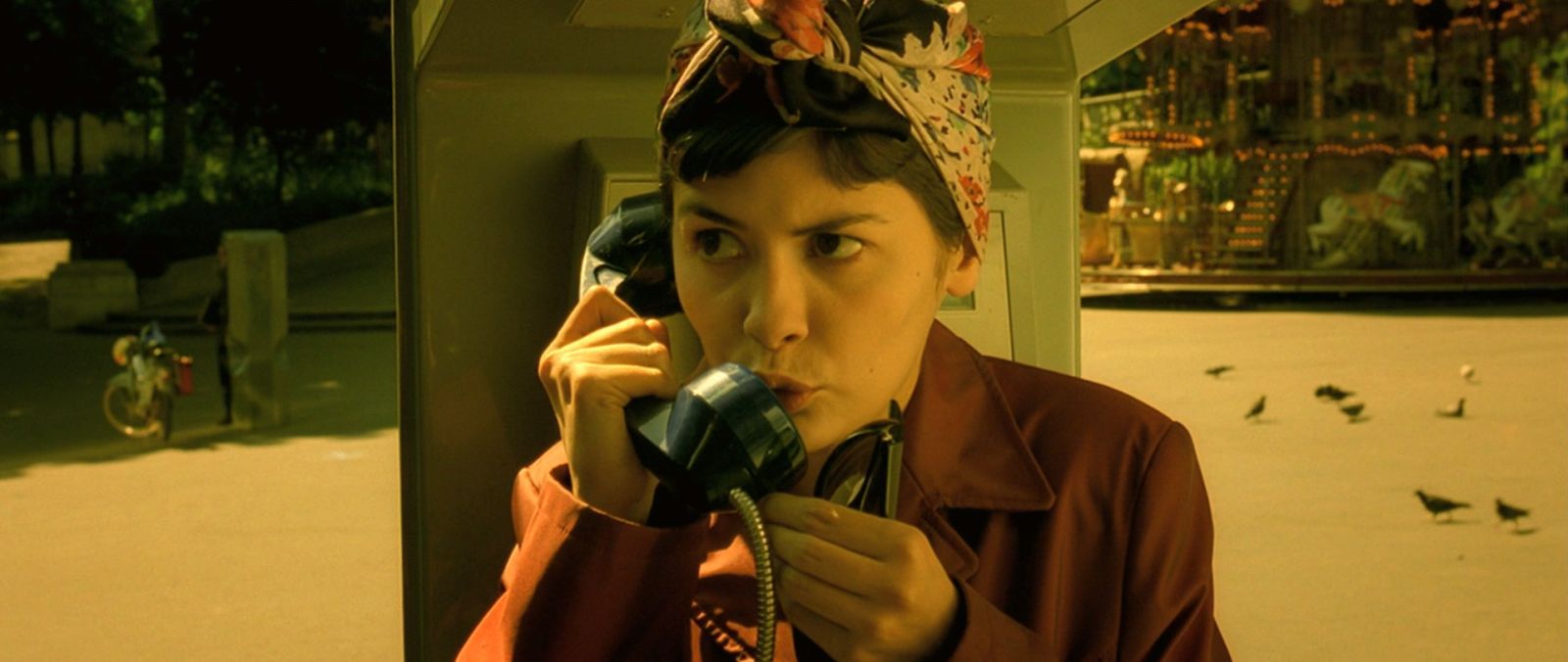
We all have our films with which we have some kind of indelible personal connection – though they may not be necessarily our favorites. Perhaps it means something particular to you whose meaning wouldn’t translate to other people, or maybe the film is representative of a particular moment in your life or an aspect of your personality, or maybe you feel like the elements of the film are so tailored to your taste that it couldn’t have been meant for anyone but you. Whatever the reason, there exists with certain films a strong personal connection that’s yours and yours alone.

How is it that so many people remain unaware of the mighty Roger Livesey? This peerless actor was the centrepiece of many of the finest films in British history. Born in Barry, South Wales in 1906, Livesey is rarely invited into the superclub of immortal Welsh greats like Richard Burton, Anthony Hopkins, Rachel Roberts and Hugh Griffiths.

Nasty Baby focuses on gay couple Freddy (Sebastián Silva) and Mo (Tunde Adebimpe), who are trying to get a baby with the help of their close friend Polly (Kristen Wiig). While trying to create a life, they’re also confronted with an extreme scenerio that causes them to take a life. After Nasty Baby was screened at the 65th Berlin International Film Festival, it received the Teddy Award for best LGBT-themed film.

The first I heard of No Escape was in a radio interview with Lake Bell. I’d been a fan of hers for a while, and being still in awe of her performance in Man Up, I was enthralled by her explanation of why she had taken on an action film. She talked of how it was important to her to gain new experiences so she could learn more about herself and her craft.

This is one intense trailer for an intense-looking movie. A Girl Like Grace tells the story of a severely bullied 17-year-old girl raised by a single mother in a toxic environment, who seeks guidance from her best friend and her older sister, who look to lead her into even more toxic situations than she was already in. A Girl Like Grace deals with themes like drug abuse, violence, the exploration of sexual boundaries, and suicide, and is set in a mostly black high school.

Burnt is a food comedy/drama, telling the story of a high-ranking chef who has destroyed his career by doing too much drugs and behaving like a diva. American chef Adam Jones (Bradley Cooper) returns to London after cleaning up and wants to redeem his reputation and his career by trying to head a top restaurant that stands to get three Michelin stars. The trailers is chock-full of good-looking, mouthwatering food and young, hipster cooks with top-knots.

From the minute of its inception I had high hopes for Legend. An earlier attempt at a biopic of the infamous Kray twins has largely been forgotten, starring as it did the brothers from Spandau Ballet. But this one, starring Tom Hardy as both Ronnie and Reggie, with a plethora of great British actors in supporting roles, looked promising.

I’m currently in the middle of binge-watching the Kevin Spacey/David Fincher created series House Of Cards on Netflix, and it really is something special. Being an avid movie fan, a character-driven plot is almost unheard of nowadays in the film industry (unless you’re the late Anthony Minghella: see here and here.







